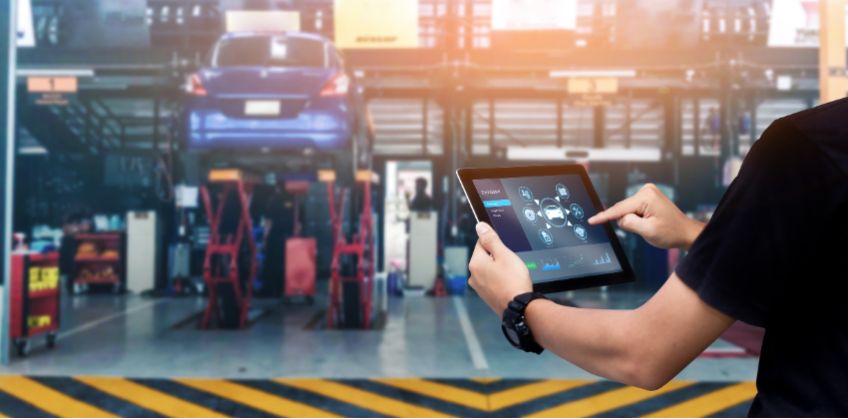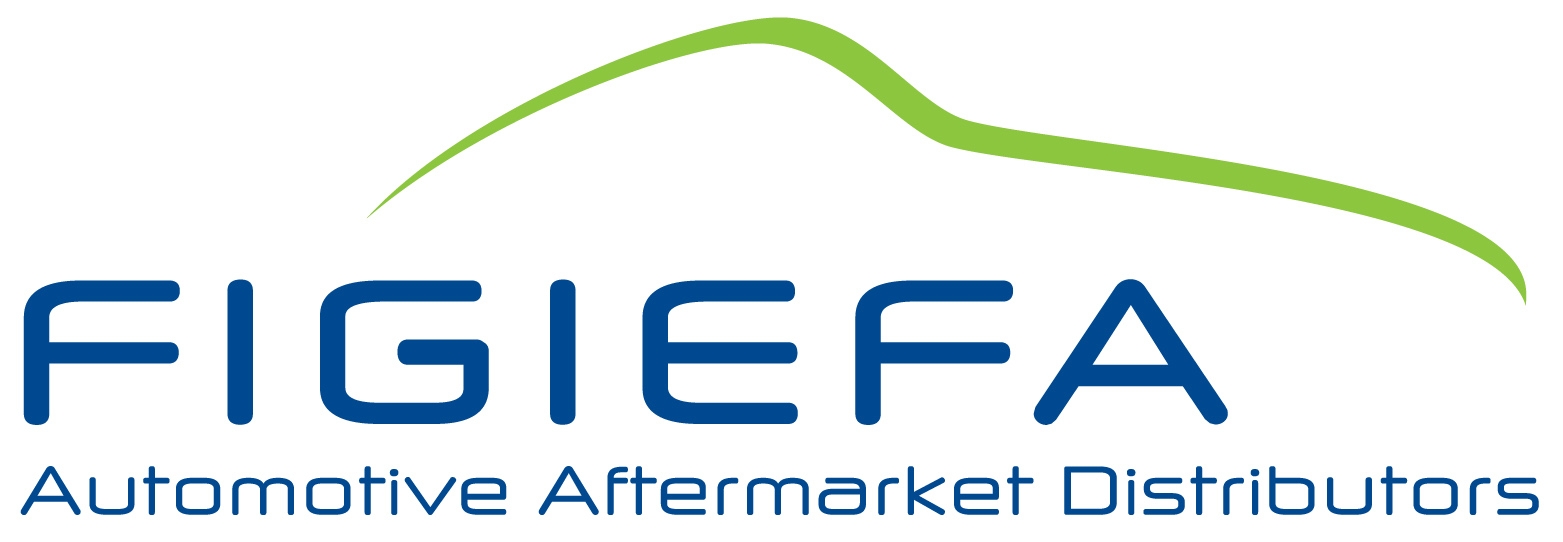With 280 million vehicles on Europe’s roads today, the automotive aftermarket employs 4.5 million persons who guarantee safe, affordable, and greener mobility for European citizens.
Transport is the second biggest expenditure for European households. Recent analysis of Eurostat figures by Wolk Aftersales Experts showed that price increases for maintenance and repair of personal transport equipment has constantly been over the inflation rate in the last years. Green and digital solutions will further help to increase the innovative capacity of the market of vehicle replacement parts, servicing, and repairs, thus offering more competitive and affordable automotive solutions to consumers.
As the current European Parliamentary term is now coming to an end, FIGIEFA and its members – the European independent wholesalers of replacement parts and components – acknowledge on the one hand the efforts made by EU policy-makers in the context of the European Digital Agenda with the adoption of the Digital Services Act, the Digital Markets Act, the European Chips Act and the Data Act. On the other hand, the digital and green transition in the automotive ecosystem cannot be completed as long as it misses the following crucial pieces: the long-awaited and repeatedly delayed sector-specific Regulation on “access to vehicle-generated data, functions and resources” and the adoption of aftermarket-specific provisions within the planned “Euro 7” Regulation on emission limits.
The digital transition in the automotive ecosystem requires sector-specific rules for access to in-vehicle data
There are 56 million connected vehicles in Europe, and this number is expected to rise to over 115 million by 2030. There is currently however no level playing field for equitable access to in-vehicle-generated data that allows the digitalisation of “traditional” services and the development of new services. Improved fleet management, “tyres as a service”, predictive repair and maintenance (combined with optimised and therefore greener logistics), personalised insurance solutions or in-vehicle entertainment are just some of the examples that could better serve consumers with a proper EU regulatory framework.
Credit where credit is due: the European Parliament was the first Institution to point out already in 2015 the need to foster free choice and fair competition for digital automotive services, such as “the e-Call in-vehicle systems [which] should be based on an interoperable, standardised, secure and open-access platform for possible future in-vehicle applications or services”. This justified call of the Parliament led to extensive fact-finding, data-gathering and stakeholder consultations for eight years, all concluding that regulatory intervention was necessary to unleash the full potential of Europe’s automotive service innovation. This is even more necessary as hyperscalers further penetrate connected vehicles and non-European imports of connected cars are growing rapidly in the EU market.

Moreover, it became clear that the Data Act as a horizontal legislation is not sufficient. Given the complexity of connected vehicles, sector-specific rules with adapted legal and technical automotive provisions are required to complement the general principles of the Data Act. This was reflected by the Commission, the Parliament and the Council in several Recitals of the adopted Data Act.
The Data Act as a horizontal instrument in not sufficient.
After repeated delays, the adoption of a legislative proposal by the European Commission under the responsibility of Internal Market Commissioner Thierry Breton seems now expected for Q4 2023. We call on the Members of the European Parliament to insist on the urgent publication of this proposal and to swiftly start the analysis as soon as it sees the light of day, in the current parliamentary term. Knowing that it may not be in the EP’s capacity to completely finalise its position, we call on the Members of Parliament to - as a minimum - integrate the file as ‘priority’ in an end-of-mandate Resolution in order to carry it over for priority treatment in the next term.
“Euro 7” and its impacts on the automotive aftermarket
Discussions on the proposed “Euro 7” Regulation on emission limits are fully underway. The Regulation aims also, in particular, at guaranteeing integrity in vehicle emission monitoring over their lifetime. As one of several measures, vehicle manufacturers will be required to protect systems and components that record the emission performance of their vehicles over the first 200,000 km and during ten years.
 FIGIEFA supports such anti-tampering measures as they are part of the emission reduction strategy. However, the European Commission has not yet defined any rules for their application, thus allowing manufacturers to set proprietary on-board monitoring strategies and anti-tampering measures. There is a real risk that such measures would hamper the ability of aftermarket players to offer competing parts for vehicle maintenance and repair. Without access to the necessary interoperability information, the development, distribution, installation, and activation of emission-related aftermarket replacement parts by independent operators could be prevented. This would have a serious effect on consumers’ purchasing power, as the cost of such parts would no longer be subject to competition.
FIGIEFA supports such anti-tampering measures as they are part of the emission reduction strategy. However, the European Commission has not yet defined any rules for their application, thus allowing manufacturers to set proprietary on-board monitoring strategies and anti-tampering measures. There is a real risk that such measures would hamper the ability of aftermarket players to offer competing parts for vehicle maintenance and repair. Without access to the necessary interoperability information, the development, distribution, installation, and activation of emission-related aftermarket replacement parts by independent operators could be prevented. This would have a serious effect on consumers’ purchasing power, as the cost of such parts would no longer be subject to competition.
Without access to the necessary interoperability information, the development, distribution, installation, and activation of emission-related aftermarket replacement parts by independent operators could be prevented.
Members of the ENVI Committee in the European Parliament have noticed this problem and have introduced amendments aiming at preserving fair competition in automotive replacement parts, when the implementing acts will be prepared. We hope to see these amendments being adopted at the ENVI Committee meeting on the 12th of October 2023, counting on full support for free choice for European consumers.
These two files are typical examples where the EU still has a concrete opportunity to improve the daily lives of citizens with timely decisions before the next European Parliament’s elections, thus setting the necessary foundations for a more competitive, affordable, sustainable and digital automotive services ecosystem.
In partnership with

This article was produced in partnership with FIGIEFA.
Sign up to The Parliament's weekly newsletter
Every Friday our editorial team goes behind the headlines to offer insight and analysis on the key stories driving the EU agenda. Subscribe for free here.